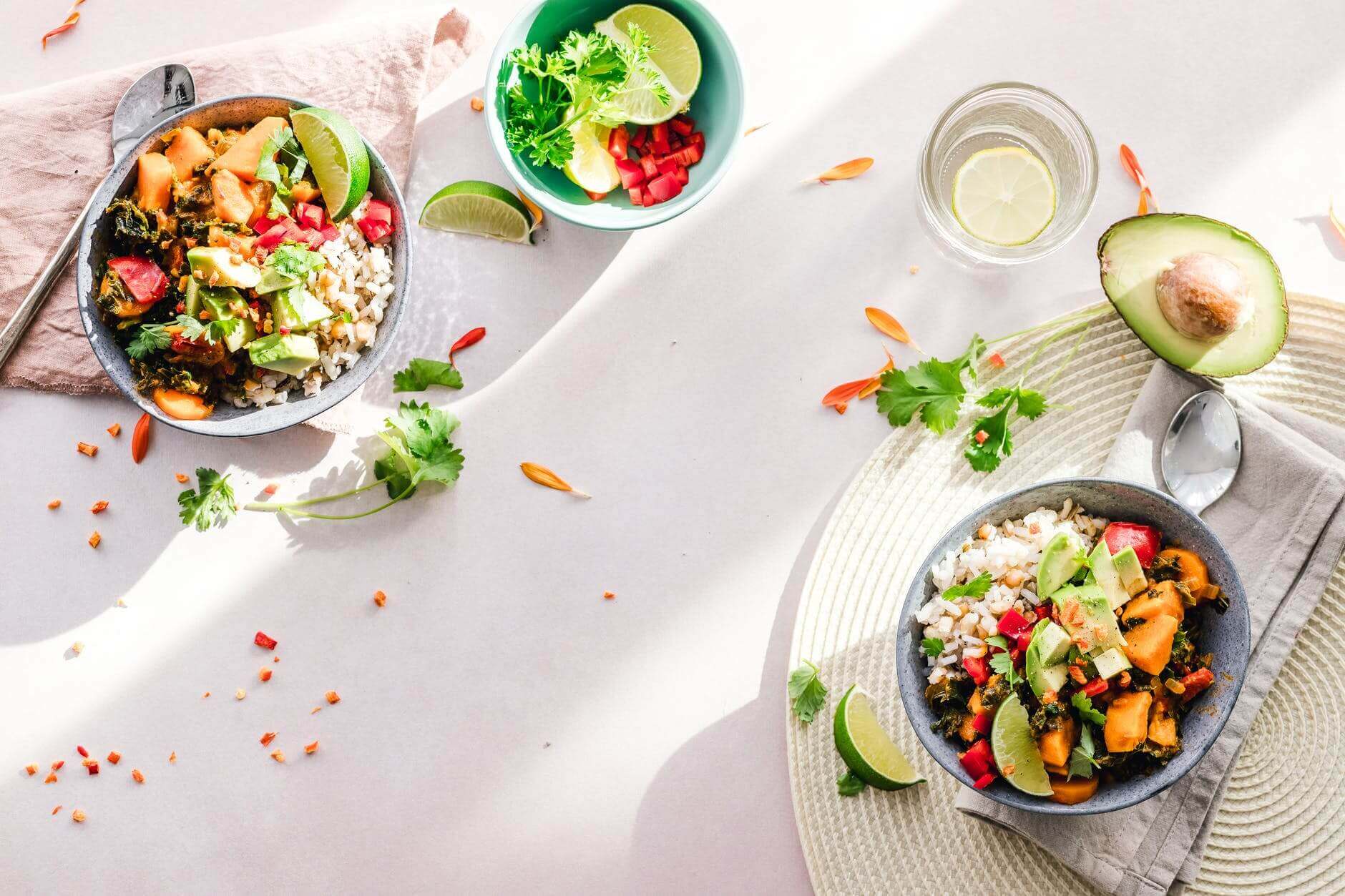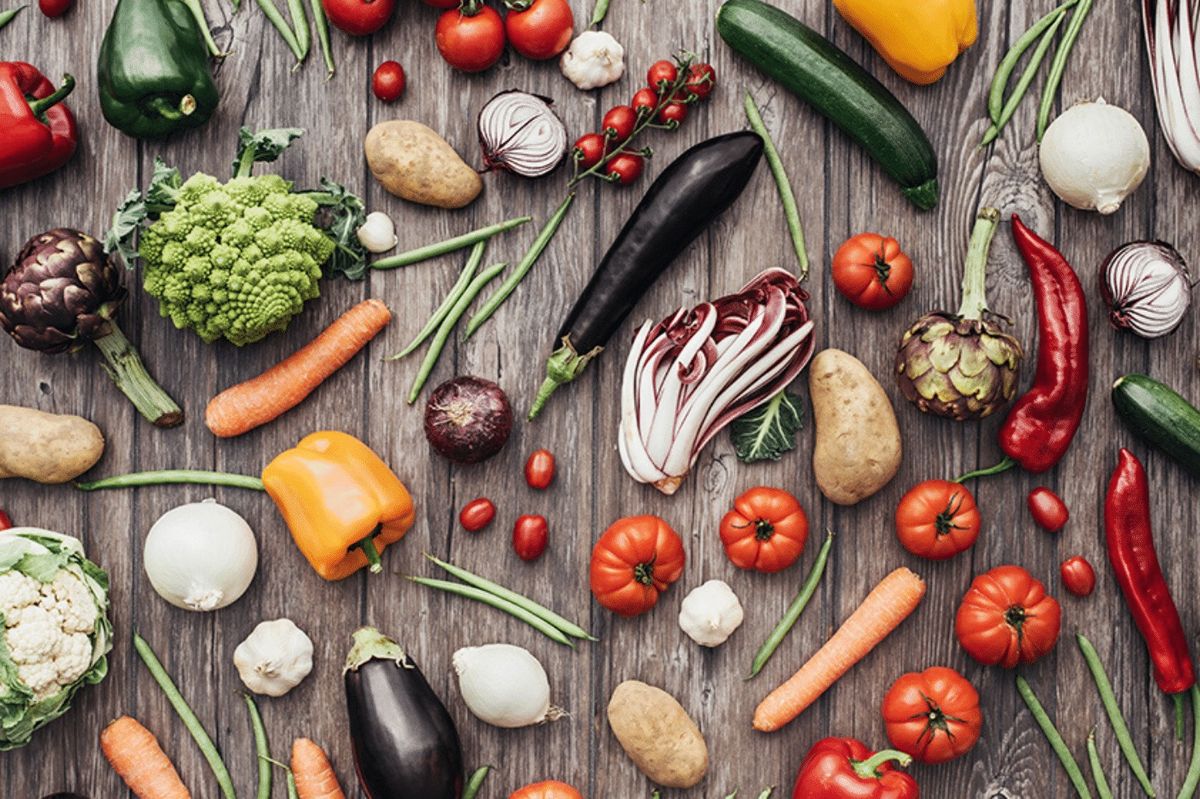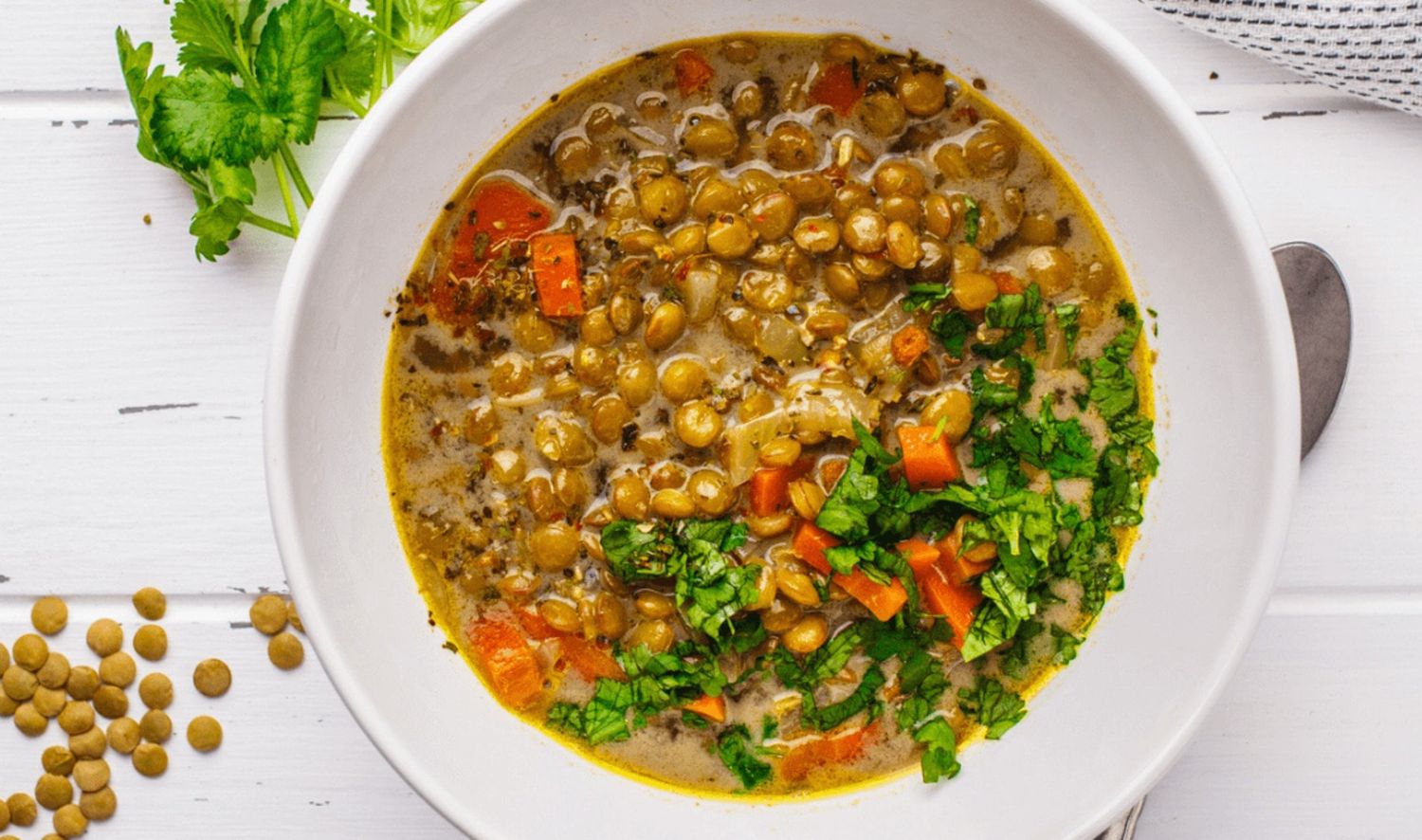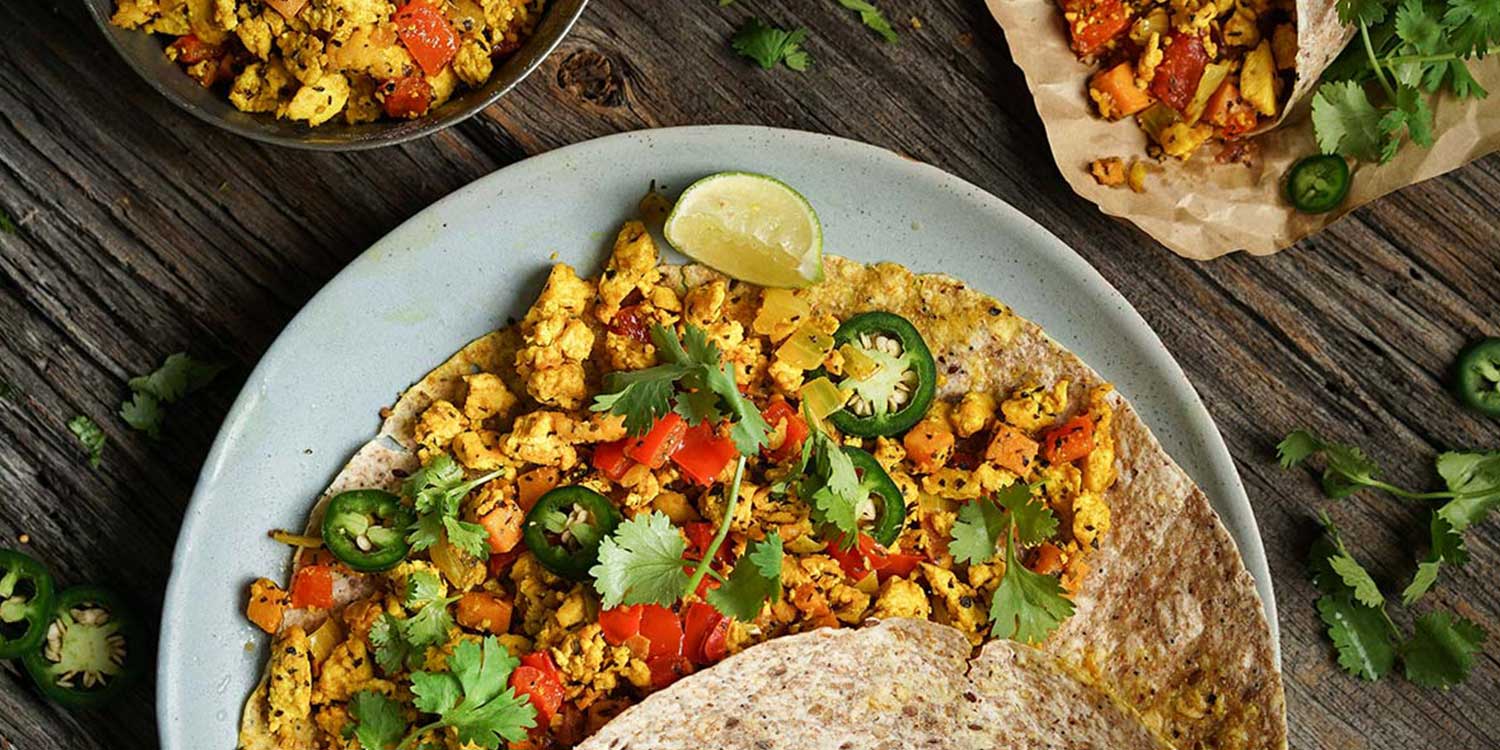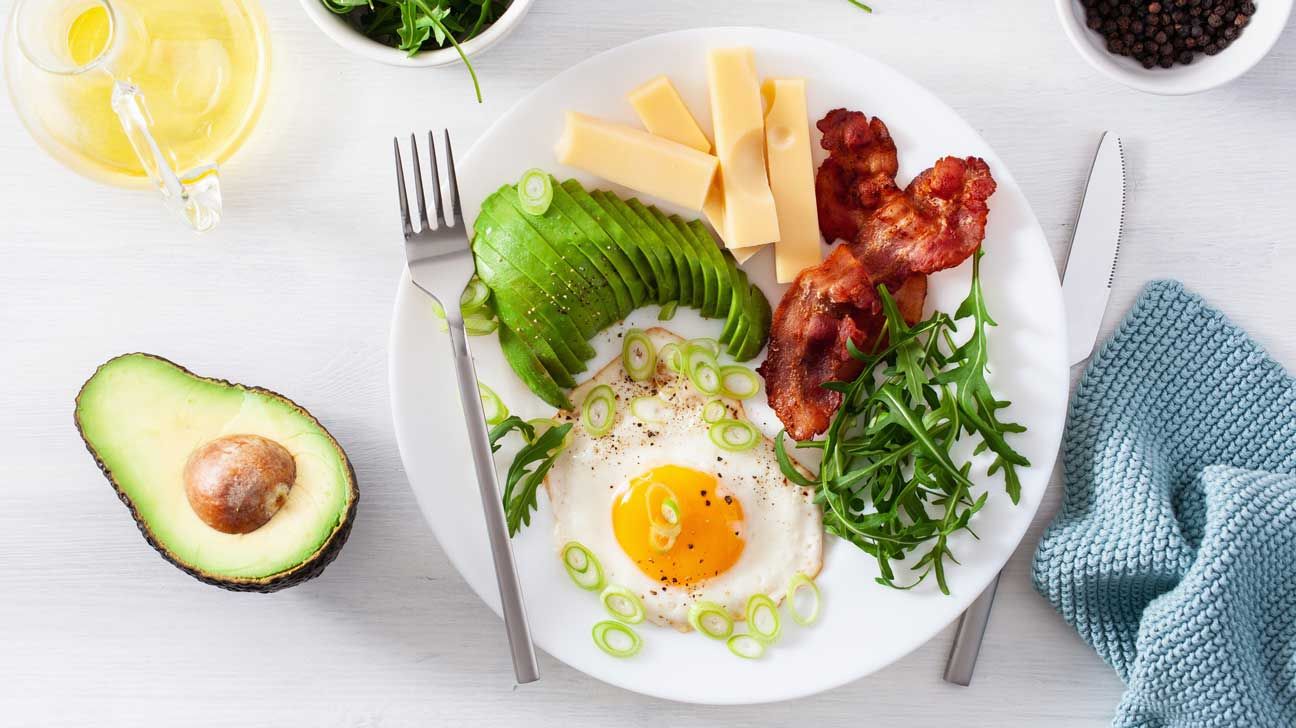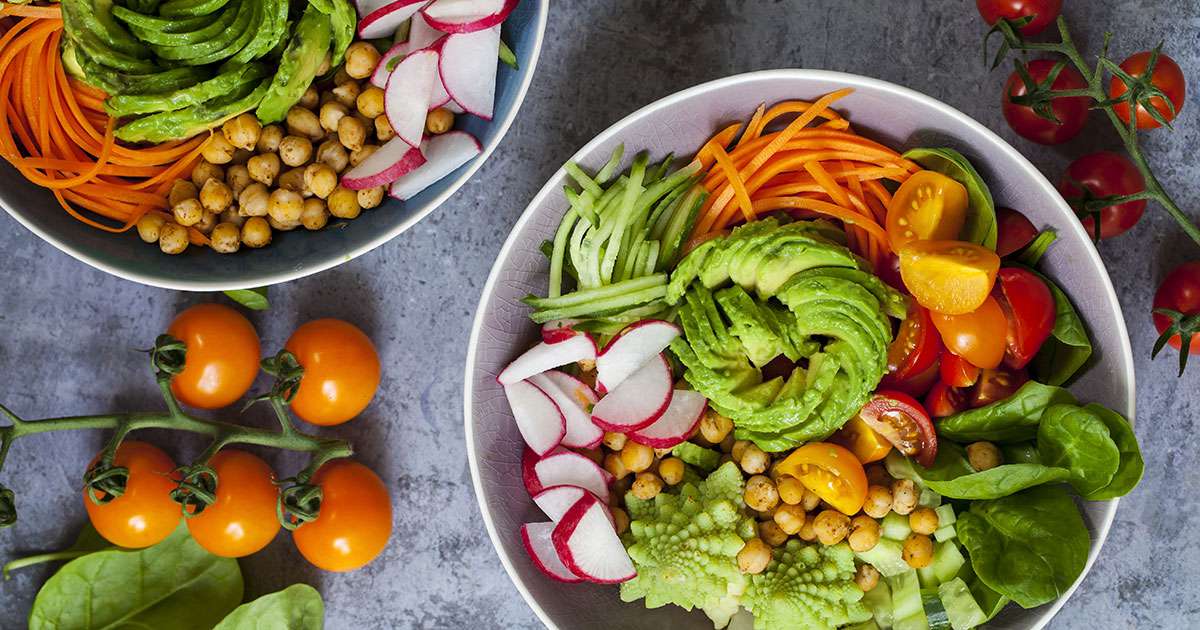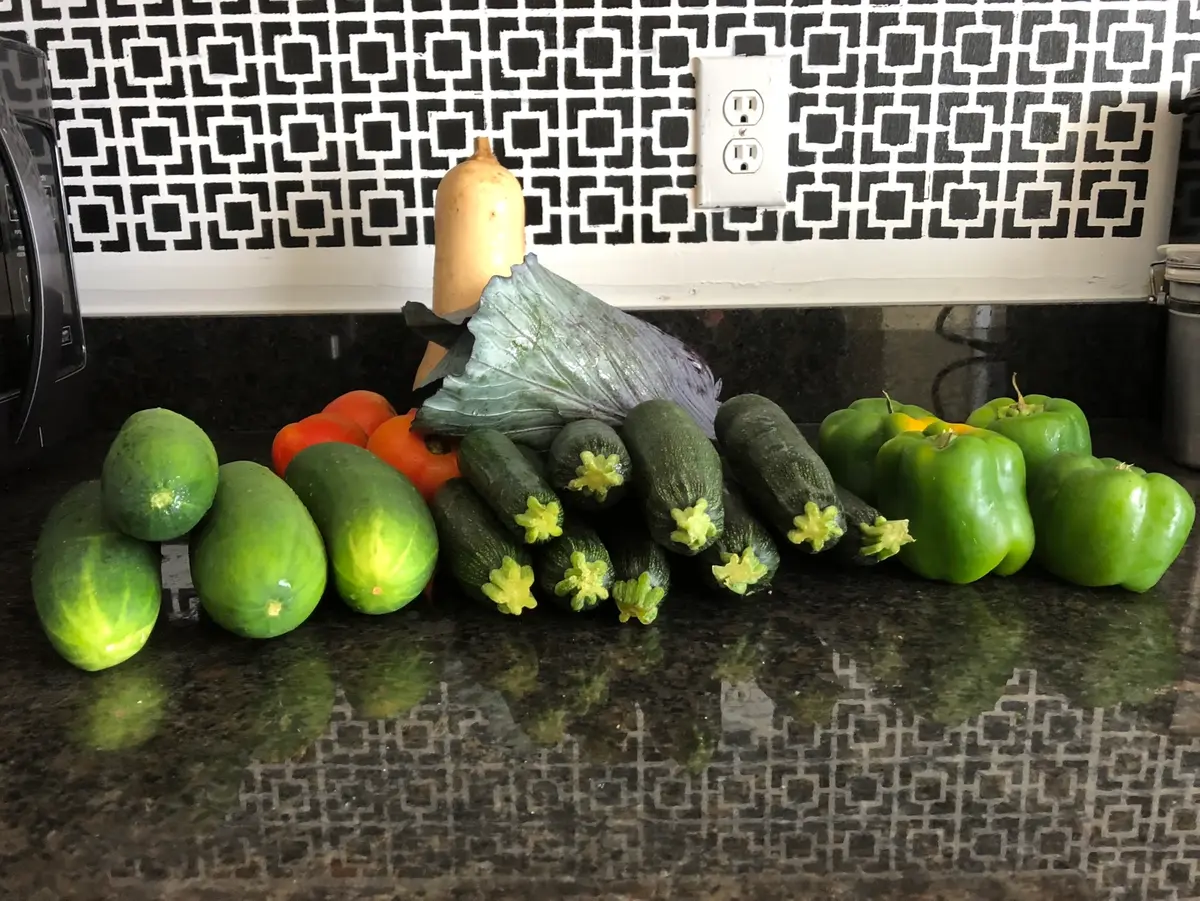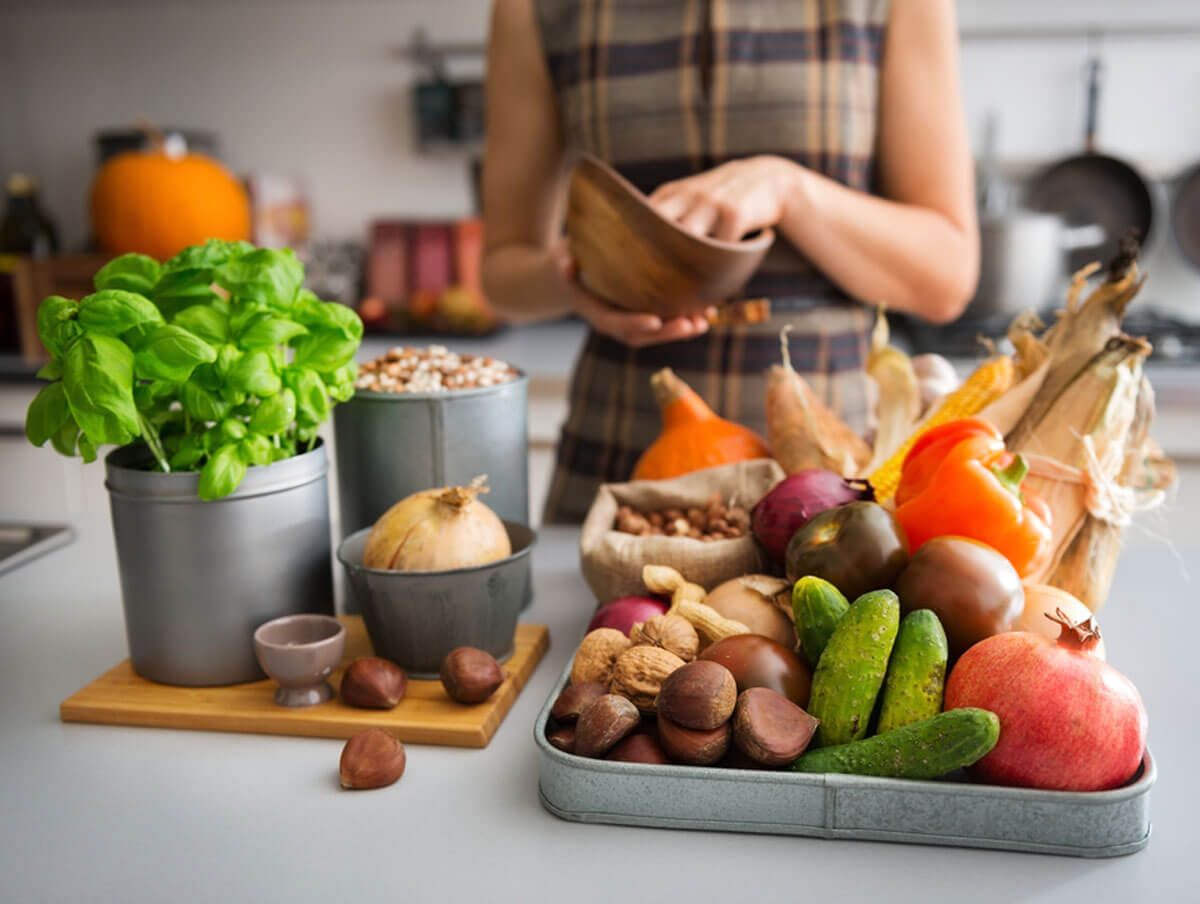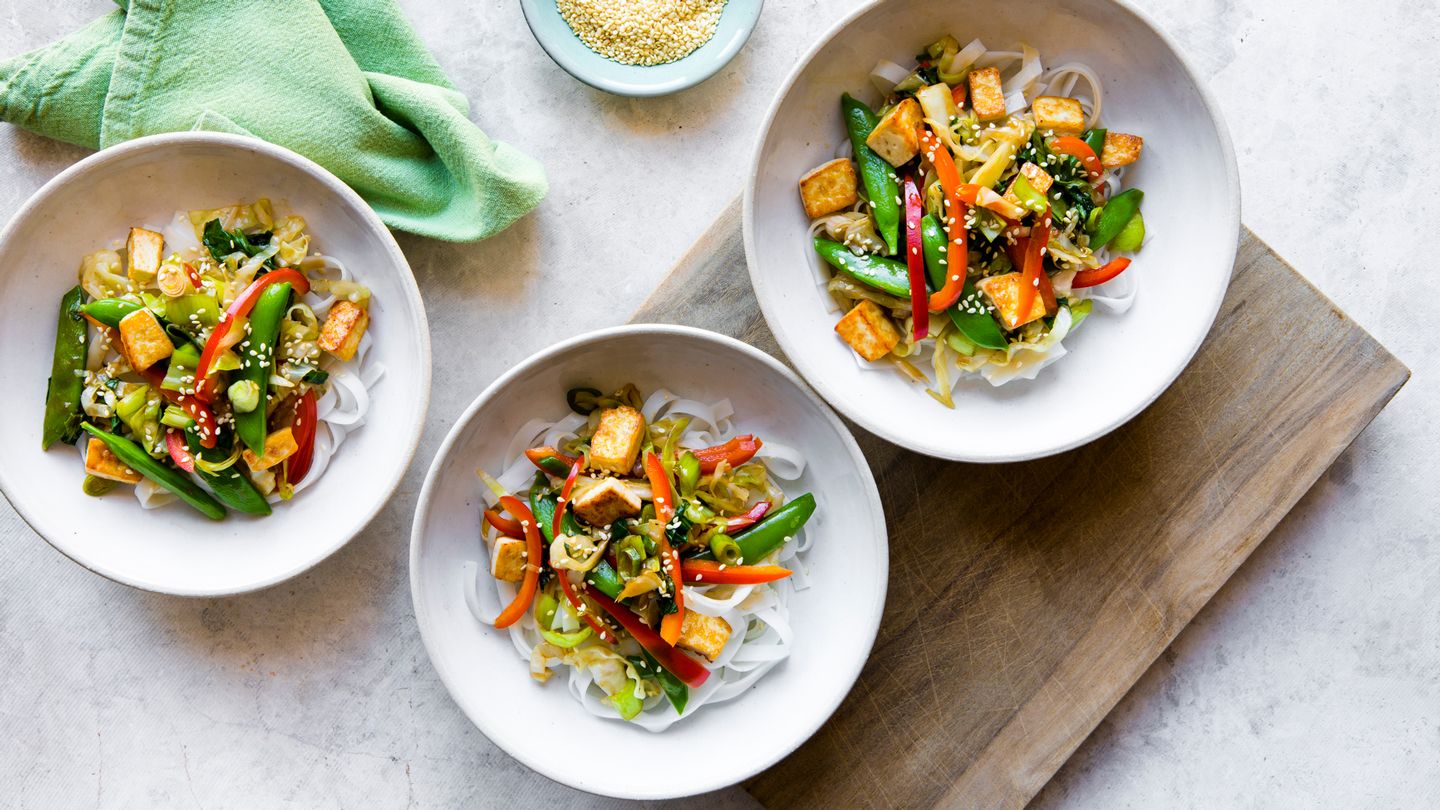How to Maintain a Healthy Vegan Diet
Adopting a vegan lifestyle can be a wonderful choice for your health, the environment, and animal welfare. However, it’s important to ensure that you are still getting all the necessary nutrients to maintain a healthy lifestyle. Here are some tips on how to eat healthy as a vegan:
1. Emphasize Whole Foods
Whole foods are the cornerstone of a healthy vegan diet. Focus on consuming a variety of fruits, vegetables, whole grains, legumes, nuts, and seeds. These foods are rich in essential nutrients and fiber, which are vital for overall health.
2. Get Your Protein
Protein is an essential macronutrient that vegans can easily obtain from sources such as lentils, chickpeas, tofu, tempeh, quinoa, and seitan. Including a variety of protein-rich foods in your diet ensures that you are meeting your body’s needs for muscle repair and growth.
3. Don’t Forget Healthy Fats
Healthy fats, such as those found in avocados, nuts, seeds, and olive oil, are important for heart health and overall well-being. Including these fats in your diet in moderation can provide essential fatty acids and aid in the absorption of fat-soluble vitamins.
4. Fortified Foods and Supplements
Since some nutrients like vitamin B12 and vitamin D are not readily available in plant-based foods, it’s important for vegans to consider fortified foods or supplements to meet their nutritional needs. Fortified plant milks, breakfast cereals, and nutritional yeast can be good sources of these essential nutrients.
5. Stay Hydrated
Water is essential for overall health, so be sure to drink an adequate amount of water throughout the day. Herbal teas and coconut water can also contribute to your daily fluid intake.
6. Plan Balanced Meals
When preparing your meals, aim for a balance of carbohydrates, proteins, and fats. Including a variety of colorful fruits and vegetables ensures that you are getting a wide range of vitamins and minerals.
7. Limit Processed Foods
While it’s convenient to rely on processed vegan foods, they are often high in added sugars, sodium, and unhealthy fats. Limit your intake of these foods and focus on whole, minimally processed options.
8. Listen to Your Body
Everyone’s nutritional needs are different, so pay attention to how your body responds to the foods you eat. If you feel fatigued or notice any deficiencies, consider consulting a registered dietitian to ensure that you are meeting all of your nutritional needs.
By following these tips and maintaining a well-rounded, plant-based diet, you can enjoy the benefits of a healthy vegan lifestyle while ensuring that your body receives all the essential nutrients it needs.

